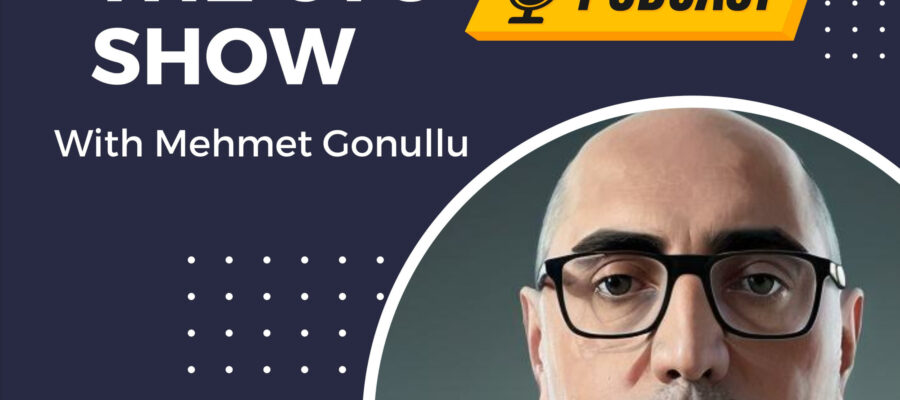In this episode of The CTO Show with Mehmet, Mehmet welcomes Matt Van Itallie, founder and CEO of SEMA, to explore the evolving world of technical due diligence, particularly in the context of generative AI in coding and software acquisition. Matt shares his journey from a non-professional coder to leading SEMA, a company dedicated to bridging the gap between tech and non-tech teams. He explains how SEMA treats code as data and why understanding the nuances of software is essential, especially during moments of evaluation such as mergers, acquisitions, and investment decisions.
Matt dives into the importance of technical due diligence, describing it as a crucial step for evaluating the health and risks of a software company’s codebase. He explains the common misconceptions about technical due diligence, such as its perceived focus on merely checking code quality, and elaborates on the deeper aspects, including functional and non-functional assessments, legal risks, and maintaining the involvement of key developers. He emphasizes that the presence of knowledgeable coders is often the most significant factor in passing technical due diligence, comparing it to having a GPS without the satellite.
The conversation then shifts to the growing impact of generative AI tools on software development. Matt highlights the dual nature of these tools, celebrating their ability to significantly boost productivity and coder satisfaction while also pointing out the associated risks, including intellectual property, security, and maintainability concerns. He outlines the critical need for companies to manage these tools carefully, ensuring that AI-generated code is properly vetted, improved, and integrated within existing development processes.
Mehmet and Matt discuss how the adoption of generative AI has rapidly transformed technical due diligence, making it essential for investors and acquirers to assess not just the quality of the code but also the extent and manner of AI usage. Matt introduces the concept of the Generative AI Bill of Materials (GBOM), a tool developed by SEMA to measure the presence of AI-generated code within a codebase and manage its associated risks.
The episode wraps up with Matt’s insights on the future of software engineering and the evolving role of developers as project managers who leverage AI to enhance their work. He offers practical advice for CTOs on making their work comprehensible to non-technical stakeholders, emphasizing the importance of clear communication and contextualizing technical aspects in business terms.
More about Matt:
Matt Van Itallie is the Founder and CEO of Sema. He and his team have developed Comprehensive Codebase Scans, the most thorough and easily understandable assessment of a codebase and engineering organization. These scans are crucial for private equity and venture capital firms looking to make informed investment decisions. Sema has evaluated code within organizations that have a collective value of over $1 trillion. In 2023, Sema served 7 of the 9 largest global investors, along with market-leading strategic investors, private equity, and venture capital firms, providing them with critical insights.
In addition, Sema is at the forefront of Generative AI Code Transparency, which measures how much code created by GenAI is in a codebase. They are the inventors behind the Generative AI Bill of Materials (GBOM), an essential resource for investors to understand and mitigate risks associated with AI-generated code.
https://www.linkedin.com/in/mvi/
00:00 Welcome and Guest Introduction
01:18 Matt’s Journey and SEMA’s Mission
04:40 Understanding Technical Due Diligence
11:08 Importance of Coders in Technical Due Diligence
20:03 Generative AI in Software Development
36:34 Value Creation in Software Companies
40:53 Emerging Technologies in Technical Due Diligence
43:38 Final Thoughts and Contact Information
